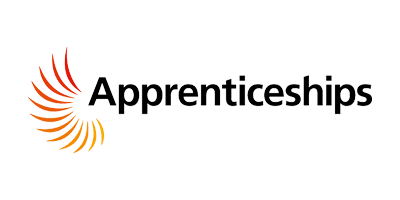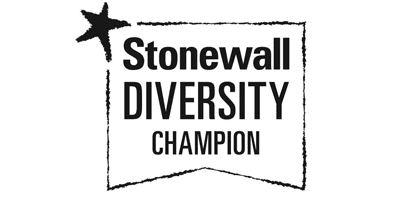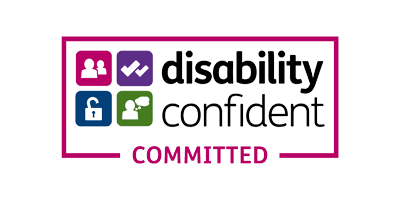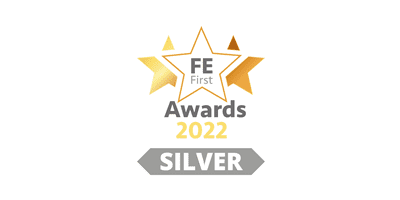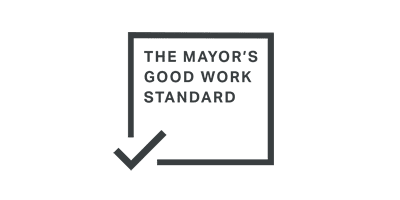Tag: mental health
A Women’s Network has been launched by Capital City College Group (CCCG) to promote equality and raise the profile of women across the Group.
The first meeting of the network, chaired by Hilary Moore, Assistant Principal at the College of Haringey, Enfield and North East London, featured a panel of inspiring women:
- Sarah Veale CBE – Former Head of the Equality and Employment Rights at the TUC
- Apinder Sidhu – Diversity and Inclusion Lead at the Education and Training Foundation
- Emma Case – Founder of Women Beyond the Box, a platform supporting neurodivergent women
- Fathia Abiola-Ajishafe – A-Level student and member of the Equality, Diversity and Inclusion Committee at City and Islington College
The panellists shared how they got to where they are today and discussed their experiences at work and how woman can support each other in the workplace and their advice to other women.
The Women’s Network was set up by CCCG’s Learning and Development Team, which hopes to establish similar groups to inspire colleagues and promote inclusivity.
The event combined an in-person event at Westminster Kingsway College’s Victoria Centre and a live stream on YouTube for those unable to attend.
Watch a recording of the live stream here: CCCG Women’s Network Launch – Panel Discussion
Molly Elliston, Group Learning and Development Business Partner, said: “At CCCG, we’re very proud that our Group Leadership Team is gender-balanced and represents our workforce. We believe is right and important to celebrate our women role models, and recognise we have many inspirational women leaders among our teachers, managers, support staff and students
“We started the Women’s Network in response to feedback from colleagues who told us that they would like more peer-to-peer support across the Group on issues that matter to them. We hope it will give colleagues more opportunities to share their experiences that will lead to an even more inclusive working environment. Our network chairs will also support us in making valuable contributions and important decisions relating to our equality, diversity and inclusion plans.
“We hope that the launch of the Women’s Network will be the first of many more sessions, which will bring us closer together and encourage others to start more networks to do the same.”
Here are some memorable quotes from the chair and the panellists of the first meeting of the Women’s Network.
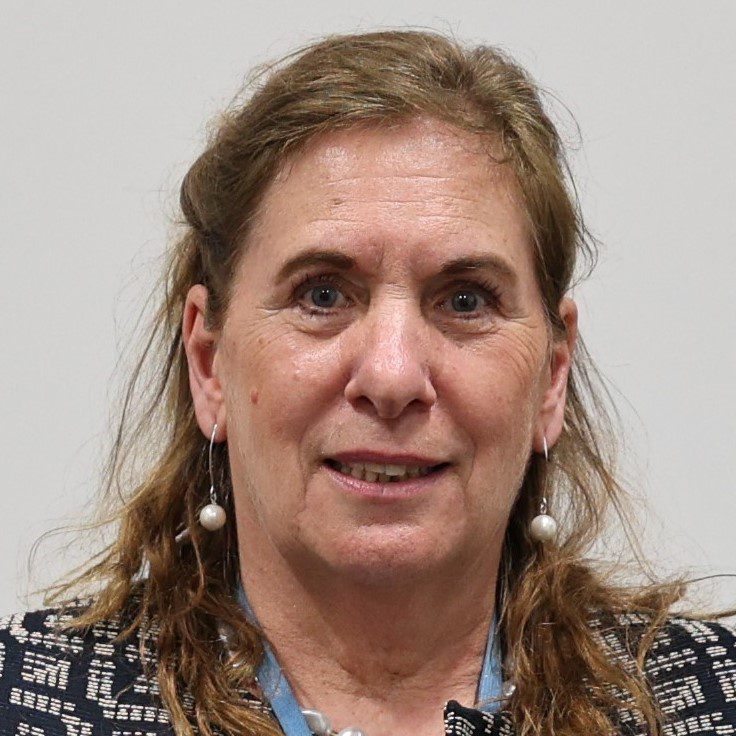
Hilary Moore
Chair and Assistant Principal at the College of Haringey, Enfield and North East London
I came from a background where my parents were the first generation going to university. When I was 11, I decided I was going to become a lawyer. When I went to sixth form college, the careers team, which were nowhere near the quality we have across CCCG, said, “I don’t think it’s a good idea, you might get the grades, but you’ve got no contacts and you’re a woman. Why don’t you become a legal secretary?” I went home and told my mum, who said, “Well I’m not having that,” and my father said, “How ridiculous,” in a very broad Yorkshire accent. I carried on and got a law degree and became a lawyer. It’s things like background and support that can make such a difference.

Sarah Veale CBE
Former Head of the Equality and Employment Rights at the TUC
Workplaces are often competitive. Women sometimes get into this mode of thinking I’ve got to be extra good and fit in better than everybody else in order to be in the same place as the men they’re competing with. It’s about building confidence and challenging the parameters you’re working in.
I’ve noticed that if men are in charge of an interviewing process, they tend to use words like assertive and dynamic. It’s all about power, but never valuing softer skills, like someone who can bring people together and who can explore situations and find solutions by working with other people. It’s a question of elevating the sorts of skills that women are often much better than men, which are valuable to the whole entity, and then owning and pushing them up towards the front.
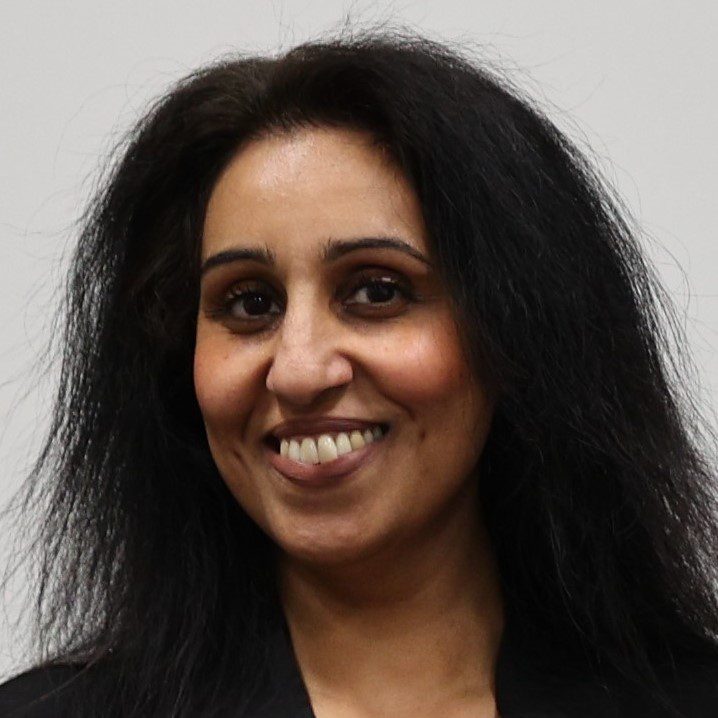
Apinder Sidhu
Diversity and Inclusion Lead at the Education and Training Foundation
I was raised in an area of west London that is predominantly Asian where there is a culture about how you’re perceived as a woman. I left and went to university, but a lot of girls didn’t go and got married because that was the expectation. Luckily my father told us, “You need to do what you need to do, and we’ll talk about marriage later on.”
There’s a dichotomy of what it is like to be a woman growing up with the pressures of culture and community and wanting to listen to your inner voice and do what makes you happy. I’ve had that pressure growing up and going into leadership, looking at how other women did things and what resonates with me. Individuality is really important. It’s not always about being inspiring. When you are genuine and authentic people look up to you.

Emma Case
Founder of Women Beyond the Box, a platform supporting neurodivergent women
There is a quote that says, ‘You can’t be what you can’t see’ and I think that is so important. Representation matters, and we often take it for granted. I currently live in Lisbon, Portugal, and I’ve noticed on television there are very few women, and very few black and brown women. I just wonder what that does to young children because we don’t aspire beyond what we’re told we can be. It isn’t just the verbal, it’s the visual impact, and that is the challenge. It is about intervention and being intentional and making sure everybody sees and experiences something that they can relate to.
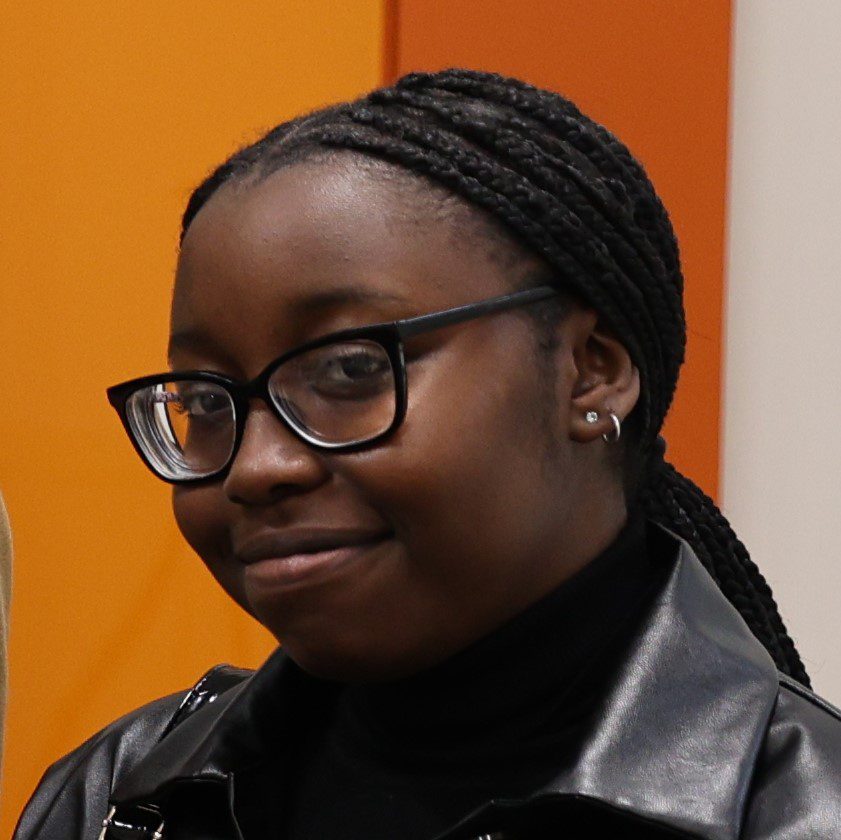
Fathia Abiola-Ajishafe
A-Level student and member of the Equality, Diversity and Inclusion Committee at City and Islington College
Being a black girl from a less well-off area in London makes me feel like I’m not going to have as many opportunities or experiences as someone who grew up in a richer area. But what I do know is that no matter what or where you come from, you can do it. We may not have as many resources or experiences, but there is always a way to get somewhere. That’s what really keeps me going.
Students jumped on board a big yellow American school bus during a week of activities to improve their mental health and wellbeing ahead of their exams.
The bus from the Zen Project arrived at Westminster Kingsway College, as colleges across Capital City College Group marked Mental Health Awareness Week from 9-15 May.
According to the charity Mental Health UK, which is behind the annual awareness week, one in four people in the UK has experienced a mental health problem.
The Zen Project has converted the bus into a mobile studio where students could participate in breathing and meditation exercises and other relaxation techniques.
WestKing student Muhaned Nouman, 21, said: “The exams are now very near and I’m starting to feel a bit anxious. You study for the whole year and you’re scared that it could all be written-off in one paper and you won’t get the grades you deserve.
“Today has been really good at helping us all get away from that pressure. The breathing exercises on the bus made me feel very relaxed and have taken some of my worries away. My mind is a lot clearer and focused. I feel a lot more positive now.”
Students also took part in ‘Talk and Chill’ sessions, that included therapeutic workshops hosted by qualified psychotherapists and tips for managing exam stress.
Other workshops were run by Catch22, which provides practical and emotional support to young people and their families, and online mental health company Kooth.
WestKing music students performed live at the event, which also provided students with information about support available at the college.

City and Islington College (CANDI) ran sessions, around this year’s Mental Health Awareness Week theme of loneliness and the college held workshops for their students on exam stress, social anxiety and emotional resilience.
Students also took part in mindfulness activities including kindness rock making, and writing and designing colourful messages, which were then tied to trees to inspire their peers.
There was also a ‘Chat and Chillax’, ‘OK 2 Talk’, motivation, creative, meditation and safe space drop-in session and various physical activities including football, canoeing, box-fit and yoga.
CANDI student Rebecca Lynch, 16, recalled how her mental health had deteriorated during lockdown, making her feel alone and unable to share how she was feeling with family and friends.
She said: “I felt down and not in good place. I couldn’t even go out to clear my head. I was also home-schooled and didn’t have many friends and often felt left out because they all went to the same school.
“I’ve got exams coming up but I’m not stressing out as I used to, because at the end of the day they don’t define who you are as a person. Failing an exam is not the end of your life, you can always come back from that. I’m not saying it doesn’t matter, it’s just not as big a deal as it’s made out to be.
“The college has facilities to help you. Whether you use them or not, they’re always there. I feel they really do put students first and that mental health is top priority over academic success.”
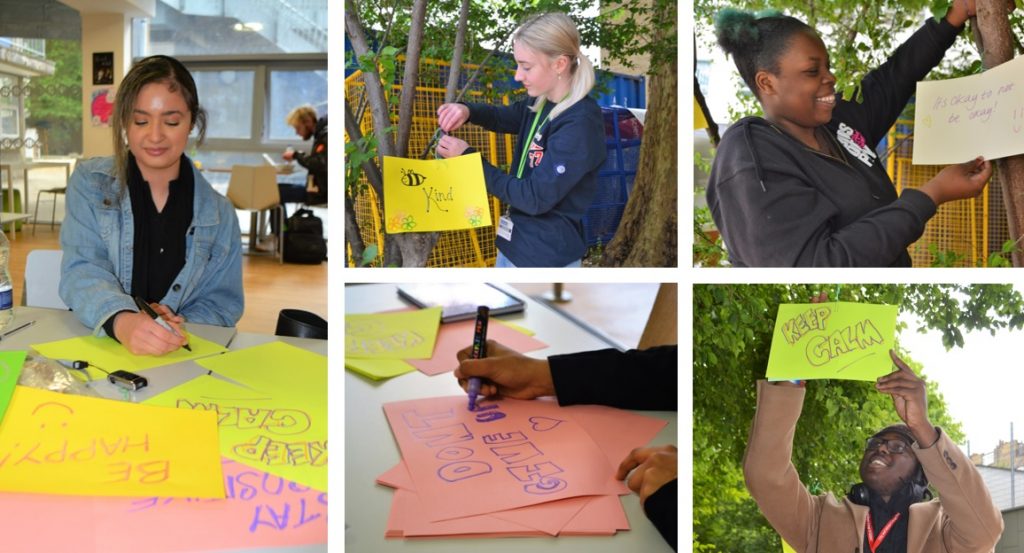
Students at the College of Haringey, Enfield and North East London (CONEL) took part in mental health workshops at the college run by Barnet, Enfield and Haringey Mental Health NHS Trust.
The college regularly runs these workshops, with more than 300 students participating so far this year.
CONEL student Cameron Barrall, 16, said: “Growing up it’s not seen as normal for boys and men to open up about their feelings and suffer in silence, and when you do people are like ‘Get over it, get a grip, cheer up,’ but saying things like that just makes it worse.
“If I’m struggling with something, I just go out and want to be by myself and don’t feel like I need anyone around me, but sometimes that is more difficult and it can help to talk to a family member or someone close to you who you can trust.”

‘I started my own mindfulness business after battling depression’
CONEL student Amaya Agdomar, 45, started her own business Sacr3d Butt3rfly after facing her own mental health battle with anxiety and depression. She organises mindfulness walks and activities in Epping Forest to lift people’s spirits through an appreciation of nature. The threes in Sacr3d Butt3rfly refer to mind, body and spirit.
“There were times when if the NHS hadn’t been there I would found life very difficult. They helped me through and because of that I wanted to start a business helping people who’ve been in my situation in a place with people who care. I was going into Epping Forest myself and feeling all the benefits that have helped with my recovery.”
Nearly 300 students at CONEL have also taken part in Soft Skills For Wellbeing workshops run by the Barrier Breakers Foundation, a charity which helps disadvantaged young people develop skills to reach their potential and enrich their lives.
This week the college also hosted a stand providing information on mental health services available across Haringey, run by Haringey Council, Haringey Mind and the NHS.

All CCCG colleges have trained and dedicated staff and resources to provide information, advice and guidance to support students with a wide range of mental health issues.
Find out more about Student Support and Wellbeing.



